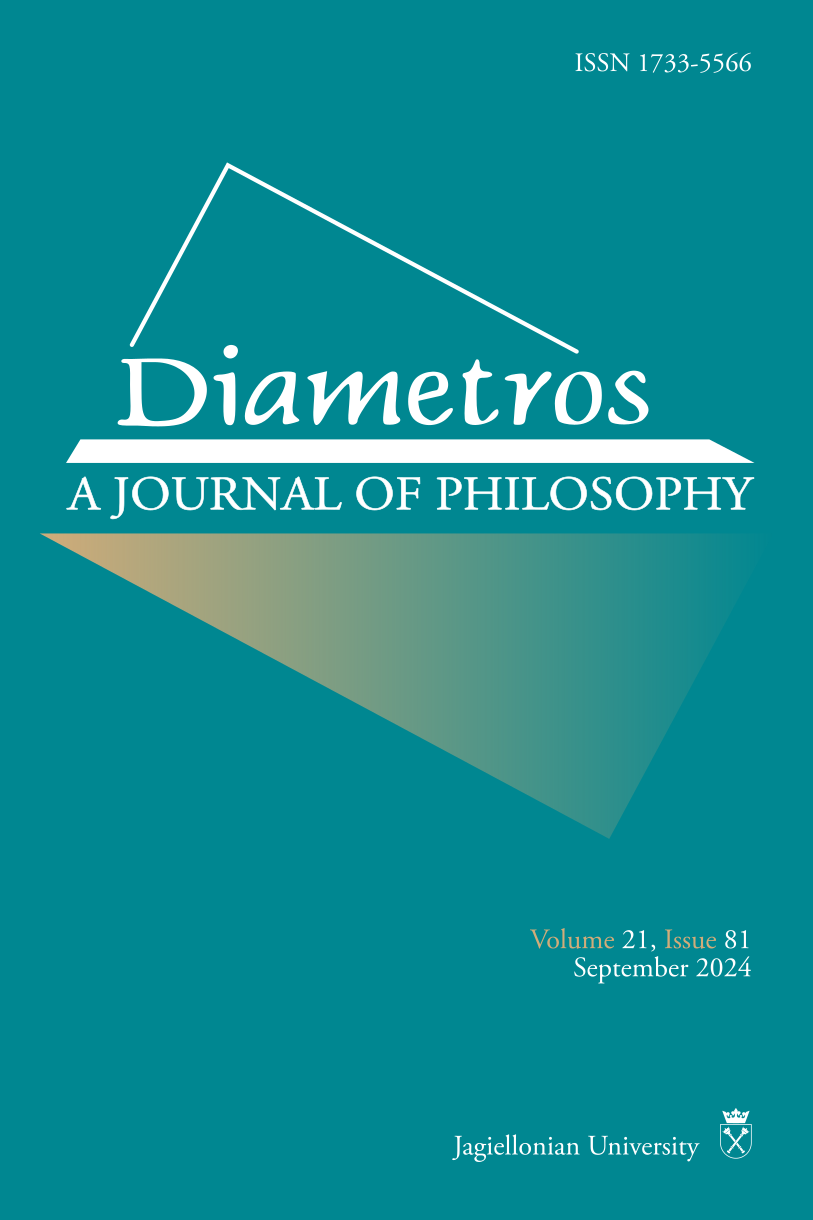The issue of access to experimental therapy in the case law of the European Court of Human Rights
Main Article Content
Abstract
The article focuses on the issue of access to experimental therapy under the Convention for the Protection of Human Rights and Fundamental Freedoms, and more specifically in the case law of the European Court of Human Rights. To date, this issue has been the subject of three cases decided by the Court. In none of these cases the Court has recognized a right to experimental therapy. The article has two main research objectives. The first is to reconstruct the arguments for the validity of the right to experimental therapy provided by the applicants in the cases considered by the Court. The second objective is to assess these arguments, as well as their criticism that might be found in Court’s decisions.
Article Details
Issue
Section

This work is licensed under a Creative Commons Attribution 4.0 International License.
By submitting his/her work to the Editorial Board, the author accepts, upon having his/her text recommended for publication, that Diametros applies the Attribution 4.0 International (CC BY 4.0) license to the works we publish. Under this license, authors agree to make articles legally available for reuse, without permission or fees. Anyone may read, download, copy, print, distribute or reuse these articles without asking prior permission from the publisher or the author, as long as the author and original source are properly cited. The author holds the copyright without any other restrictions. Full information about CC-BY: https://creativecommons.org/licenses/by/4.0/legalcode.
How to Cite
References
Borysowski J., Ehni H., Górski A. (2017), Ethics Review in Compassionate Use, „BMC Medicine” 15: 136-142.
Borysowski J., Górski A., Wnukiewicz-Kozłowska A. (2018), Terapia eksperymentalna, [w:] System prawa medycznego. Szczególne świadczenia zdrowotne, Tom 2, L. Bosek, A. Wnukiewicz-Kozłowska (red.), C. H. Beck, Warszawa: 85-126.
Borysowski J., Górski A. (2019), Compassionate Use of Unauthorized Drugs: Legal Regulations and Ethical Challenges, „European Journal of Internal Medicine” 65: 12-16.
Brzozowski W., Krzywoń A., Wiącek M. (2023), Prawa człowieka, Woters Kluwer, Warszawa.
Flanigan J. (2017), Pharmaceutical Freedom: Why Patients Have a Right to Self-Medicate, Oxford University Press, Oxford.
Konwencja o ochronie praw człowieka i podstawowych wolności z 4 listopada 1950 roku (Dz.U.1993.61.284).
Letsas G. (2006), Two Concepts of the Margin of Appreciation, „Oxford Journal of Legal Studies” 26 (4): 705-732.
Letsas G. (2013), ECHR as a Living Instrument: Its Meaning and Legitimacy, [w:] Constituting Europe: The European Court of Human Rights in a National, European and Global Context, A. Follesdal, B. Peters, G. Ulfstein (red.), Cambridge University Press, Cambridge: 106-141.
Mavronicola N. (2020), Bouyid v Belgium: The ‘Minimum Level of Severity’ and Human Dignity’s Role in Article 3 ECHR, „European Convention on Human Rights Law Review” 1: 105-124.
Schüklenk U. (1998) Access to Experimental Drugs in Terminal Illness. Ethical Issues, Pharmaceutical Products Press, Nowy York.
Schüklenk U., Lowry C. (2009), Terminal Illness and Access to Phase 1 Experimental Agents, Surgeries and Devices: Reviewing the Ethical Arguments, „British Medical Bulletin” 89 (1): 7-22.
Volokh E. (2007), Medical Self-Defense, Prohibited Experimental Therapies, and Payment for Organs, „Harvard Law Review” 120 (7): 1813-1846.
